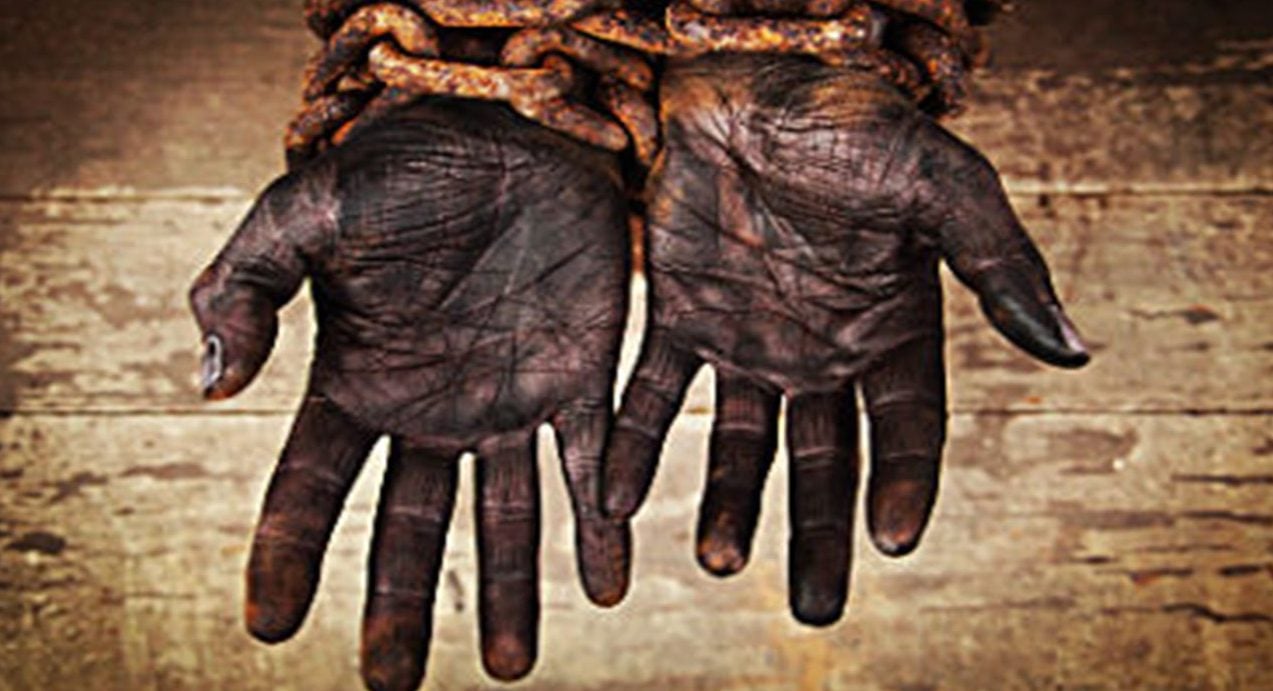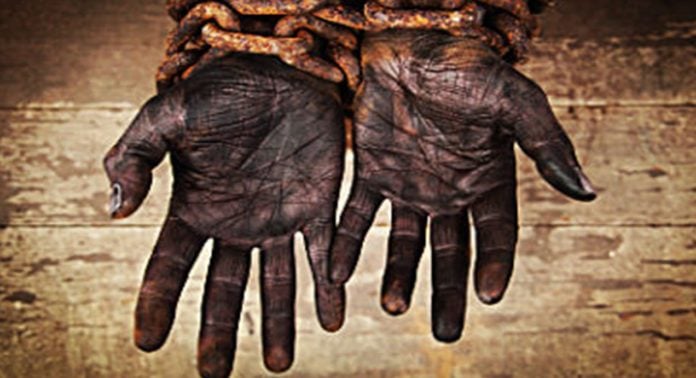[ad_1]
A Virginia-based Episcopal seminary is placing $1.7 million toward an endowment fund that is designed to pay reparations for slavery.
The Virginia Theological Seminary, located in Alexandria, was founded in 1823. The announcement of the fund occurred last Thursday citing the creation is due to the historical ties the seminary had with slavery.
The money is set to fund projects that are in association with the seminary such as emerging congregations but also supporting African-American clergy members and the work of historic African-American congregations.
The Christian Post spoke with Rev. Joseph Thompson, director of the Office of Multicultural Ministries for the seminary who states the newly creative fund “has the potential to be transformative.” Rev. Thompson will oversee the efforts of the fund.
“Though no amount of money could ever truly compensate for slavery, the commitment of these financial resources means that the institution’s attitude of repentance is being supported by actions of repentance that can have a significant impact both on the recipients of the funds, as well as on those at VTS,” Thompson said.
The announcement of the seminary’s fund is being called an unprecedented event by Thomas Craemer, a scholar of reparations and race relations at the University of Connecticut.
“What I would highlight is the fact that this is the first time that members of an organization associated with slavery (that is, representatives of the perpetrating side), have taken it on themselves to fund reparations to the direct descendants of the enslaved,” Craemer said.
While reparations are a hot topic among Democratic Presidential Candidates, religious groups are pointing to the biblical text that advocates for the monetary investment toward those who have been oppressed.
“Zacchaeus is a tax collector who has participated in Roman imperial oppression against marginalized Jewish populations,” Keri Day of Princeton Theological Seminary says of the Luke 19 scripture. “Jesus sits with Zacchaeus but is clear with Zacchaeus on what his reparative response needed to be, and that this reparative response as Zacchaeus was tasked to do was not simply and only a political response but was more deeply a theological response.”
The fund is created fully by the Virginia Theological Seminary in what is stated to recognize racism and an effort of reconciliation and healing in the future.
[ad_2]
Source link


